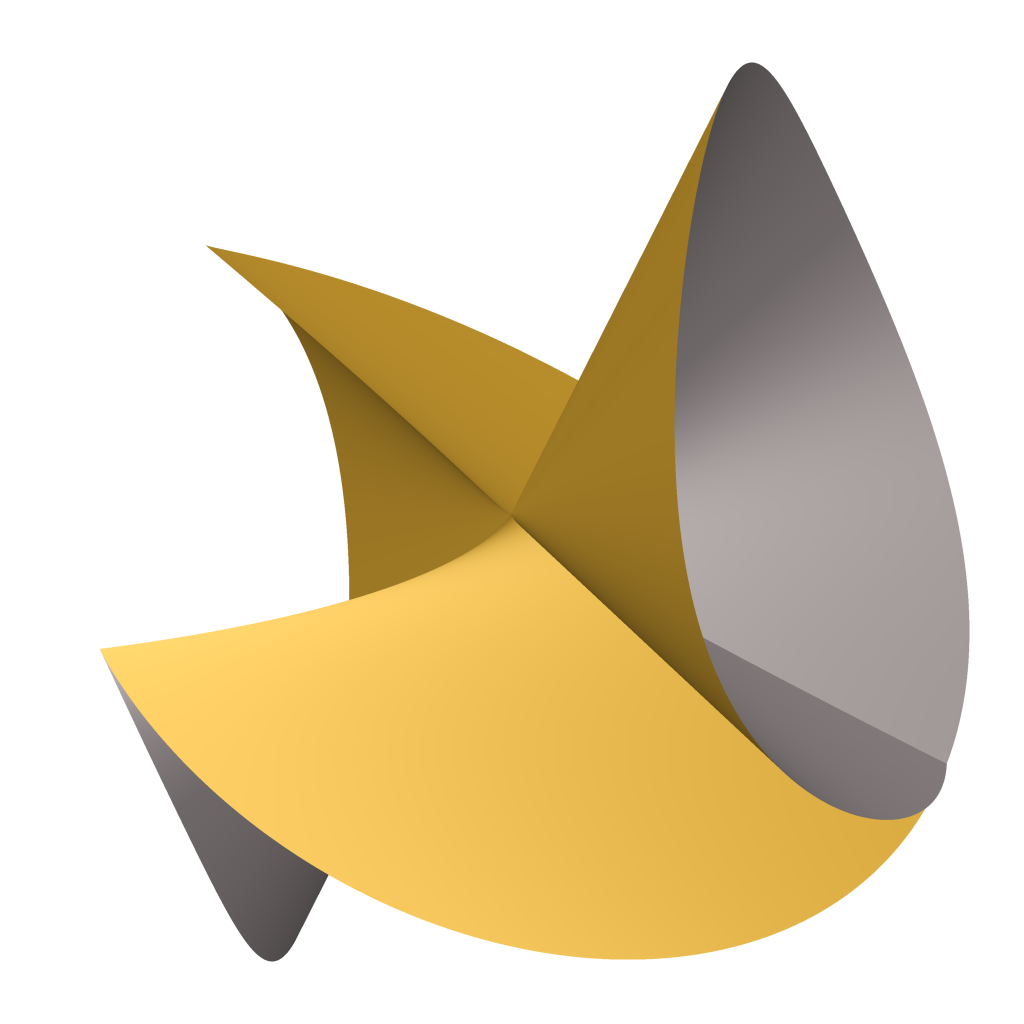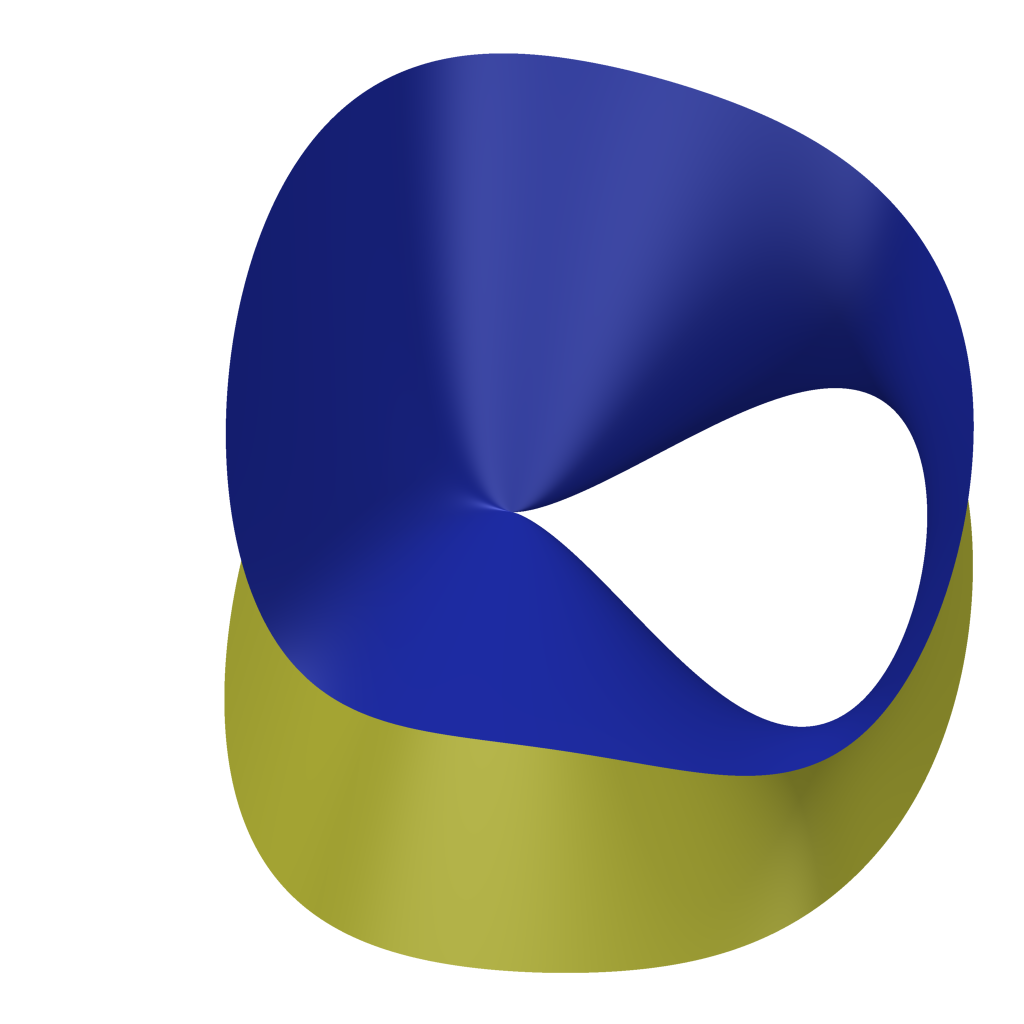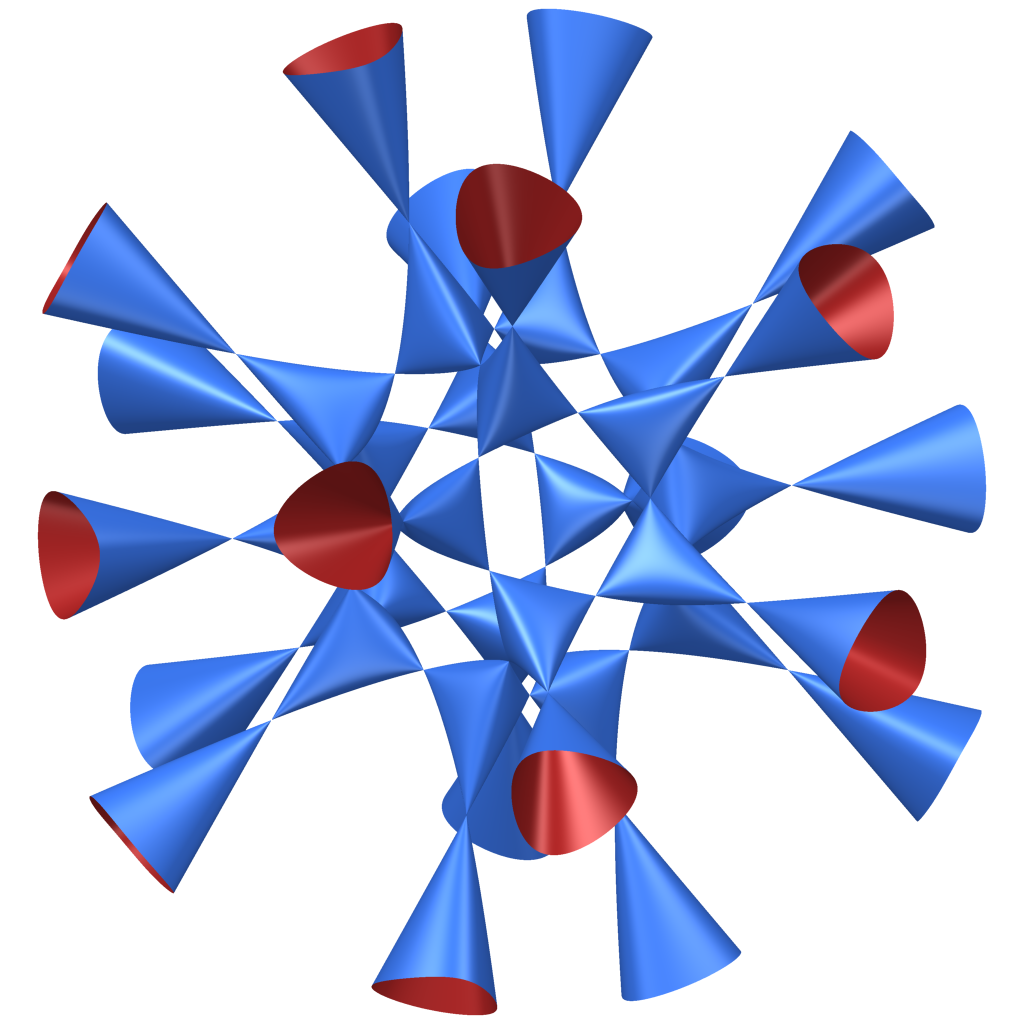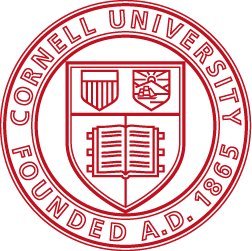



- Grading:
-
Grades will be determined from 3 mini-exams, your homework, and possibly an oral component. Homework is worth 40% of your grade, and each of the 3 mini-exams will be worth 20%. The mini-exams will possibly include an oral component where you explain your reasoning to me on some of the exam or homework problems. I will explain more about this in class.
- Exams:
-
The first mini-exam will be a timed exam on Sunday, October 18. You will be able to start it anytime during the 24 hour period on Sunday (via gradescope) (I'll give exact hours allowed in class), and then will have some amount of time (I'm planning on making it take approximately 1 hour, but will likely give you more time than that, as well as 15 minutes to upload it). The second mini-exam will be in November, and the last mini-exam will be in December. We will finalize dates for these soon.
These mini-exams will be open book. You may use any book, the class notes, class videos, but you can consult no one else: not the internet, nor friends nor classmates. You may ask the TA or Professor questions, but only ones that clarify the questions will be answered. Uploading problems to the internet or submitting them to any website, or using any subscription based or free service is a violation of academic integrity (as is asking any math question via the internet). (I'll tell some stories about this in class!).
- Homework:
- Homework assignments will be due in class each week. (Usually on Wednesdays, but sometime on Fridays) Your lowest homework grade will be dropped. Problem sets are posted in PDF on the lectures webpage, as well as in the Files section in Canvas. Problem sets will be submitted via gradescope on canvas, and will be returned online as well.
-
MATH 4310 is a four–credit course, so you should plan on spending at least twelve hours a week working on it. Homework is the most important part of MATH 4310 since mathematics is really learned by doing it.
- Collaboration:
- You may collaborate with other students on homework. I believe, however, that for maximum benefit, you should try hard to do all the problems yourself before consulting others. What you turn in should represent your own solutions expressed in your own words, even if you arrived at these solutions with others. Remember, you are doing the homework to learn the material; do not try to defeat its purpose. Copying someone else's homework and presenting it as your own will be treated as a violation of Cornell's Academic Integrity Code, as will copying solutions that you might find on the internet or elsewhere.
- In keeping with the good practice of acknowledging all contributors to a piece of work, if you do collaborate, please give the names of your collaborators on your homework. (Your grade will not be affected.) Use of sites like mathoverflow is not permitted, and their use is a breach of the academic honor code (see below for the link).
- Writing well:
Mathematics is not mere computation; arguments and abstract concepts must be communicated. Use complete sentences with proper spelling, grammar, and punctuation. Write linearly down the page rather than scattering words, symbols and equations around. Explain your reasoning carefully. Indicate the significances of and relationships between any calculations which contribute to your answers. Define and employ clear and concise notation. State clearly any results (from lectures or from the textbook) to which you appeal in your solutions. Imagine your fellow-students as your readers — ask yourself whether they would they be able to follow your arguments. Here is some guidance on communicating mathematics. It is based in part on advice from Peter Kahn in an introduction to proofs course.
- Academic honesty:
It is the obligation of each student to understand the Cornell Code of Academic Integrity regarding academic honesty and to uphold these standards. Students are encouraged to talk about the problems but should write up the solutions individually. Students should acknowledge the assistance of any books, software, students, or professors.
